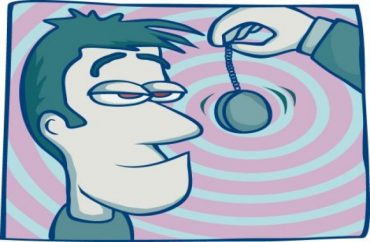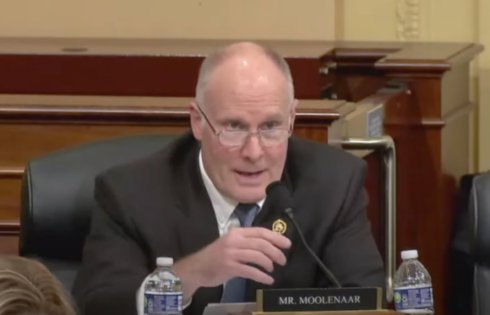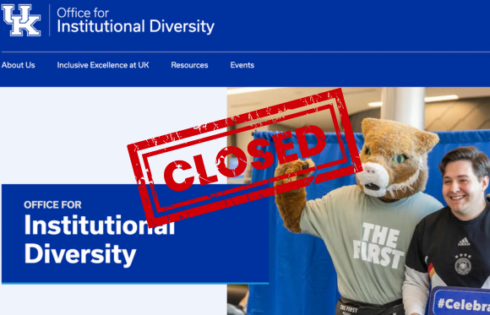
Villanova University has launched an effort to monitor professor bias in its lecture halls, according to a pair of professors employed there. This school year, teaching and course evaluations completed by students now include questions about professors’ “sensitivity,” and commitment to “diversity and inclusion.”
Professors Colleen Sheehan and James Matthew Wilson note in The Wall Street Journal that students at the Catholic institution “are now being asked heavily politicized questions such as whether the instructor has demonstrated ‘cultural awareness’ or created an ‘environment free of bias based on individual differences or social identities.’”
“In short,” the authors continue, “students are being asked to rate professors according to their perceived agreement with progressive political opinion on bias and identity. Students are also invited to ‘comment on the instructor’s sensitivity to the diversity of the students in the class.’”
This includes things such as gender identity, disability, race/ethnicity, sexual orientation, and “etc.” That last item, the professors say, sounds “like an ominous catchall.”
To be sure, “political viewpoint” also is on the list; however, Sheehan and Wilson say their colleagues “will now have a powerful incentive to avoid discussion of anything that might be deemed offensive or insensitive to the various social identities and political viewpoints listed (or not listed, by grace of that ‘etc.’).”
A biology professor may avoid teaching about sexual dimorphism for fear of being labeled “insensitive” to “gender identity.” Professors of political philosophy, history or literature may avoid introducing the texts of John C. Calhoun, Abraham Lincoln, Mark Twain, Harriet Beecher Stowe, Frederick Douglass or Flannery O’Connor, for fear their sometimes racially charged language may be interpreted as “insensitivity.” Catholic teaching prizes philosophical reasoning, but one cannot reason with others if the mere posing of an argument could be deemed an act of “bias.”
And what about sensitivity to social identities, given Villanova’s Catholic character? Those who teach courses about Catholic doctrine on marriage and the family may now live in fear that their own university will treat such views, and those who teach about them, as insensitive or worse. In fact, the “sensitivity” questions appear almost perfectly designed to stifle Catholic moral teaching in the classroom.
The larger implications are even more disturbing. The new evaluations will allow a professor’s professional performance to be recast as a human resources or even a legal problem. Think about it: You can’t fire a professor for being conservative, but you certainly can fire him for creating a “hostile work environment.”
And that charge of “hostile work environment” is precisely what happened to a professor at Johns Hopkins University almost two years ago: Three students (out of sixty-eight) had complained Prof. Trent Bertrand told an “offensive” joke in class, while others wrote on their evaluations that he was a “blatant racist.”
Read the full Wall Street Journal piece.
MORE: Student evaluations of professors are not sexist as widely believed
MORE: Prof claims he was fired for criticizing black student’s homework
IMAGE: Shutterstock.com
Like The College Fix on Facebook / Follow us on Twitter





Please join the conversation about our stories on Facebook, Twitter, Instagram, Reddit, MeWe, Rumble, Gab, Minds and Gettr.